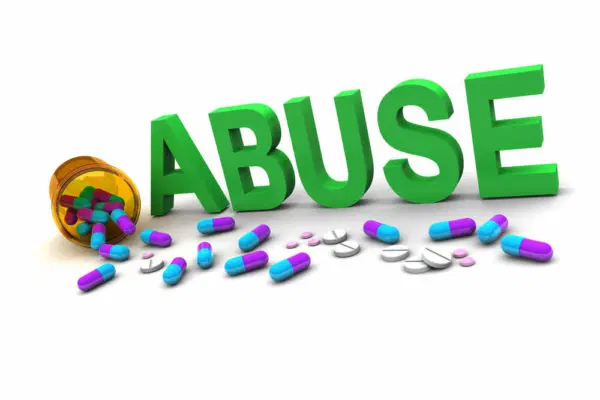
UN says Nigeria’s drug crisis deepens as use rate hits 14.4%
Nigeria’s drug use rate has soared to 14.4%, nearly three times the global average, with over three million Nigerians currently living with drug use disorders, according to the 2025 World Drug Report released by the United Nations Office on Drugs and Crime (UNODC).
The report, published on Thursday via the UNODC’s official website, paints a grim picture of a worsening global drug landscape, with Nigeria listed among the most affected countries in West Africa.
Dr. Cheikh Toure, Country Representative of UNODC Nigeria, described the escalating crisis as not just a public health emergency, but a development, security, and peacebuilding issue.
“This is not just a health crisis — it is a development, security, and peacebuilding concern,” Toure warned.
Cannabis remains the most abused drug in Nigeria, with one in every three users requiring treatment or counselling. However, access to evidence-based drug rehabilitation services across the country remains grossly inadequate.
The report further revealed that 9.2% of people who inject drugs in Nigeria are living with HIV, underscoring the intersection between drug use and broader public health risks in an already overburdened health system.
Across the world, drug use continues to rise. An estimated 316 million people used drugs in 2023, representing 6% of the world’s population aged 15 to 64, up from 5.2% in 2013.
Breakdown of global drug use in 2023:
Cannabis: 244 million users
Opioids: 61 million
Amphetamines: 30.7 million
Cocaine: 25 million
Ecstasy: 21 million
The report also flagged record-breaking trends in the global cocaine market, with production peaking at 3,708 tons in 2023. Seizures and consumption rates also surged, with drug cartels targeting new markets in Africa and Asia.
In Africa, the non-medical use of pharmaceutical opioids like tramadol remains widespread, while synthetic drugs such as methamphetamine and captagon are becoming increasingly popular due to low production costs and reduced detection risks.
Ghada Waly, UNODC Executive Director, underscored the need for urgent and collective action:
“We must invest in prevention and address the root causes of the drug trade at every point of the illicit supply chain. Through a comprehensive, coordinated approach, we can dismantle criminal organizations, bolster global security, and protect our communities.”
The report also shed light on the often-overlooked environmental damage caused by drug production, including deforestation and pollution of land and water—issues rarely addressed in drug control policies.
Despite the growing need for intervention, only 3.4% of Africans with drug use disorders currently receive treatment. The UNODC urged governments to integrate drug treatment into national public health systems, improve workforce training, and invest in low-cost, community-based care models.
As Nigeria grapples with the rising tide of drug abuse, experts warn that only urgent, multi-sectoral action can stem the tide and prevent a full-scale national crisis.
